The Pros and Cons of Tankless Water Heaters in Florida
Tankless water heaters are becoming increasingly popular among homeowners looking...
Detecting leaks early can save you from extensive water damage and costly repairs. While professional services are often the best approach, there are several effective DIY methods homeowners in Florida can use to identify leaks. Here are practical tips for detecting leaks in your home.
What It Involves: Monitor your water meter to detect unusual water usage. Start by recording the current meter reading, then avoid using water for a few hours. After the period, check the meter again.
Why It Matters: If the reading changes despite no water usage, you may have a hidden leak. This method helps identify leaks in the main water supply line or within your home’s plumbing system.
What It Involves: Examine areas prone to leaks, such as under sinks, around the base of toilets, and near appliances. Look for signs of water damage, such as stains, mold, or mildew.
Why It Matters: Visible moisture or water stains can indicate leaks. Early detection in these areas can help you address issues before they escalate into more severe problems.
What It Involves: Regularly review your water bill for any unusual increases in usage. A sudden spike can signal a leak or other issues in your water system.
Why It Matters: An unexplained increase in water consumption can be a red flag for hidden leaks. Keeping track of your water usage helps spot issues early and take action promptly.
What It Involves: For leaks around toilets, add a few drops of food coloring to the tank water. Wait 15-30 minutes without flushing. If the colored water appears in the bowl, you have a leak.
Why It Matters: A dye test helps identify leaks in the toilet’s flapper valve or other components. It’s a simple and effective method for troubleshooting toilet issues.
What It Involves: Check exposed pipes for signs of leaks or damage. Look for rust, corrosion, or dripping water. Also, listen for unusual sounds like dripping or hissing.
Why It Matters: Regular inspection of visible pipes helps catch leaks early. Addressing minor issues before they become significant problems can prevent more extensive repairs.
What It Involves: A moisture meter measures the moisture content in building materials such as walls and floors. It can help detect hidden leaks behind surfaces.
Why It Matters: Moisture meters are useful for identifying leaks behind walls or under flooring. They provide valuable data to pinpoint the location and extent of water damage.
What It Involves: Regularly check your water heater for signs of leaks, such as puddles around the base or corrosion on the unit. Inspect the connections and valves for any drips or moisture.
Why It Matters: Water heaters are common sources of leaks. Early detection of issues can help you address problems before they lead to significant water damage or system failure.
What It Involves: Ensure that exterior drains and gutters are clear and functioning properly. Look for water pooling around the foundation or near drainage areas.
Why It Matters: Clogged or damaged gutters and drains can lead to water pooling and leaks around your home’s foundation. Keeping these systems clear helps prevent water damage and foundation issues.
Detecting leaks early can prevent costly damage and repairs. By using these DIY methods—monitoring your water meter, inspecting for visible signs of moisture, tracking your water bill, performing dye tests, and checking pipes and appliances—you can identify potential leaks before they become serious problems. Regular maintenance and vigilance are key to keeping your home’s plumbing system in good condition and avoiding water damage.
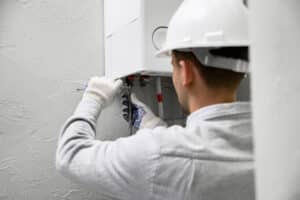
Tankless water heaters are becoming increasingly popular among homeowners looking...
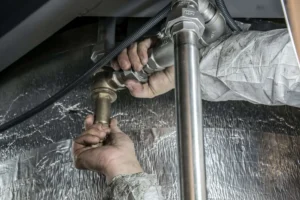
Detecting leaks early can prevent significant damage and costly repairs....
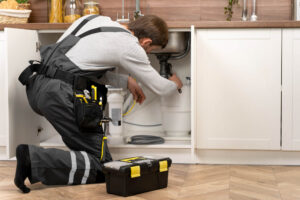
Professional drain cleaning is essential for maintaining a healthy plumbing...
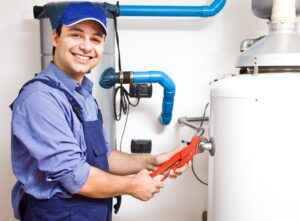
Water heaters are a crucial part of your home’s plumbing...
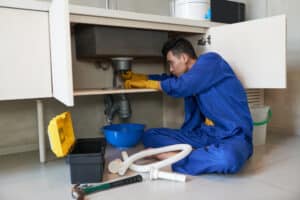
Chemical drain cleaners are commonly used to tackle clogs and...
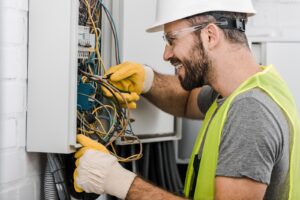
Upgrading your home’s electrical system not only enhances its functionality...